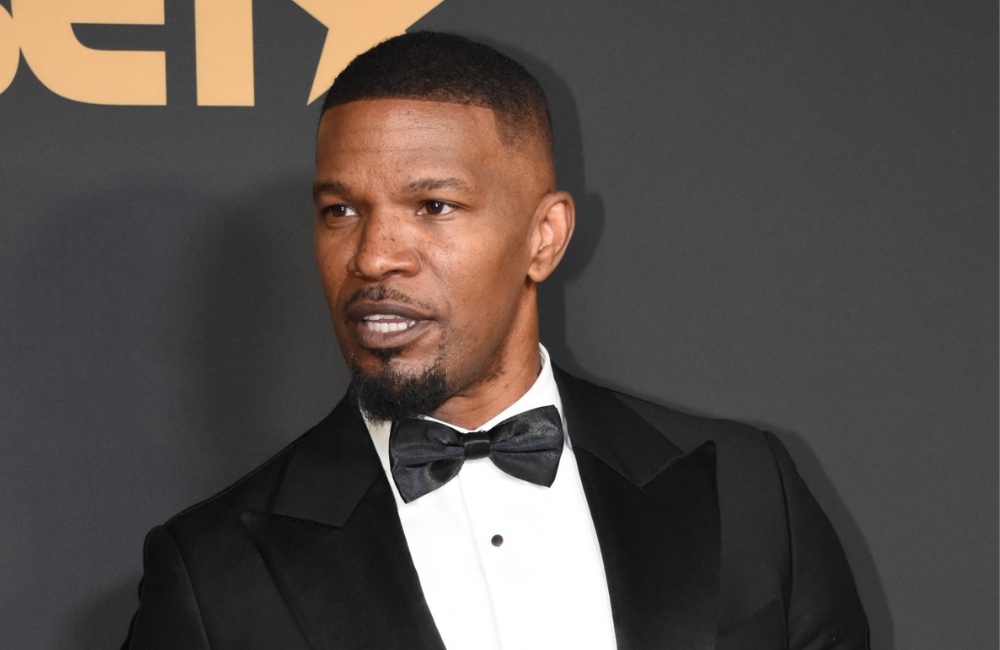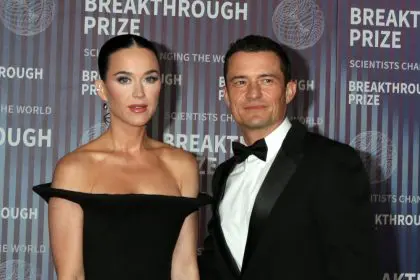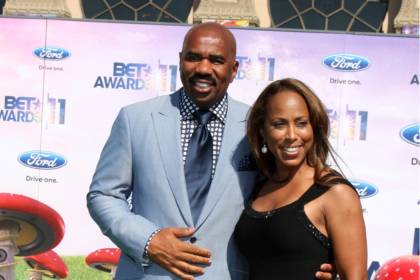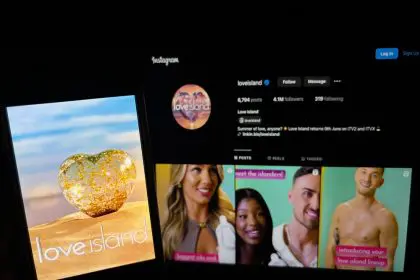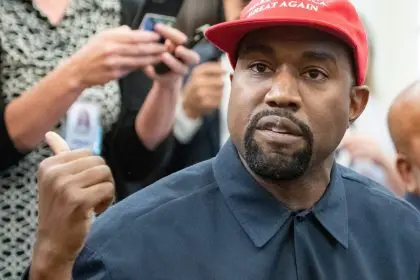A recent episode of GOAT Talk on Complex has set social media ablaze with speculation after Jamie Foxx made comments that many believe target fellow comedian Katt Williams. The Jan. 15 interview featuring Foxx and Cameron Diaz quickly transformed from a casual conversation into what viewers interpret as a calculated response to ongoing tension between the two comedians. The timing and specificity of Foxx’s comments have sparked intense debate across social media platforms.
Behind the controversial moment
During what seemed like a simple discussion about favorite expressions, Foxx delivered what many consider a precise strike at Williams. When asked about his favorite expletive, Foxx chose to share an entire phrase rather than a single word, specifically mentioning individuals weighing “128 pounds.” His emphasis on this particular detail caught viewers’ attention, especially given the recent history between the two comedians. When Diaz questioned the specificity of this weight reference, Foxx’s response about “a lot of comedians” only fueled speculation about his intended target.
The timing of these comments proves particularly interesting, coming shortly after Williams appeared to mock Foxx’s Netflix special, “What Had Happened Was.” Williams had previously criticized the emotional content of Foxx’s special, particularly regarding his 2023 medical emergency, comparing it to “televising a funeral.” This criticism marked a significant moment in their professional relationship, setting the stage for what many view as Foxx’s calculated response.
A history of tension
The relationship between these two entertainment powerhouses reveals a complex history of indirect exchanges and professional rivalry. Their different approaches to comedy highlight a fundamental contrast in style and career choices. Foxx built a multifaceted career spanning music, film and comedy, earning an Academy Award and multiple Grammy nominations along the way. Meanwhile, Williams maintained a more focused path in stand-up comedy, becoming known for his raw, unfiltered approach to social commentary.
Foxx’s journey from comedy clubs to Hollywood stardom represents a particular path in entertainment, one that has seen him balance multiple aspects of his career while maintaining his comedic roots. His success in dramatic roles and music has sometimes led to criticism from comedy purists who question his commitment to stand-up. Williams, conversely, has remained primarily focused on comedy, building a loyal following through his distinctive style and controversial perspectives.
The industry perspective
Entertainment insiders note how such conflicts often serve multiple purposes within the industry. Public exchanges between prominent comedians can generate significant buzz while maintaining professional boundaries through careful word choice and plausible deniability. Industry veterans point out that the indirect nature of these exchanges follows a long tradition in comedy, where subtle jabs and coded references often carry more weight than direct confrontations.
The explosion of social media discussions following Foxx’s comments demonstrates how modern platforms transform industry dynamics. What might once have remained insider knowledge now becomes public entertainment, with fans and critics analyzing every word, gesture and potential meaning. The viral nature of these exchanges creates a new dimension in comedian relationships, where public perception plays an increasingly important role.
Fan reactions and interpretations
Social media platforms have become battlegrounds for competing interpretations of this exchange. Fans of both comedians have dissected every aspect of Foxx’s delivery, from his word choice to his body language. Many point to specific terms and references that seem too precise to be coincidental, while others argue for more innocent interpretations of his comments.
This situation reflects broader changes in how comedians navigate public disagreements. The traditional comedy club circuit provided natural venues for addressing rivalries through performance. However, the modern entertainment landscape, with its mix of streaming specials, social media and traditional venues, creates new challenges and opportunities for expressing competitive spirit.
Professional consequences
Industry observers note how such public exchanges can affect future opportunities and relationships within the entertainment world. Both Foxx and Williams maintain significant influence in comedy circles, making their interactions particularly noteworthy for younger comedians watching how industry veterans handle public disagreements.
As this situation continues developing, the comedy community watches with interest. Historical patterns suggest that such tensions often find resolution through creative expression, whether in future performances or collaborative projects. The industry’s ability to transform conflict into content remains one of its most resilient features.
Beyond the immediate drama, this exchange highlights important questions about comedy’s evolution in the digital age. How public figures navigate disagreements while maintaining professional relationships demonstrates the complex nature of modern entertainment industry interactions. The incident serves as a case study in how traditional comedy rivalries adapt to new media landscapes.
Future implications
The ripple effects of this exchange might extend far beyond their personal rivalry. Future comedians may study this incident as an example of how to handle public disagreements in an era where every word can be analyzed and reinterpreted by global audiences. The balance between maintaining authentic artistic voices and managing public perception becomes increasingly crucial.
As fans await potential responses or developments, this situation continues generating discussion about comedy, conflict and communication in contemporary entertainment. Whether intentional or coincidental, these moments shape public perception and industry relationships in lasting ways, contributing to the ongoing evolution of comedy culture in the digital age.
The legacy of this exchange will likely influence how future comedians approach public disagreements and industry relationships, demonstrating the enduring impact of well-crafted words in the world of entertainment. As the story continues to unfold, it serves as a reminder of comedy’s power to both entertain and provoke meaningful discussions about the nature of public discourse in modern entertainment.

